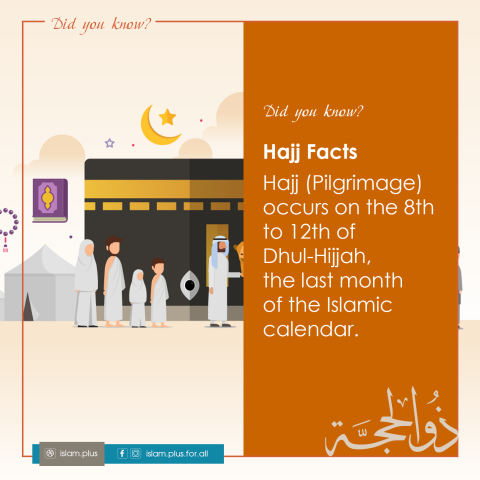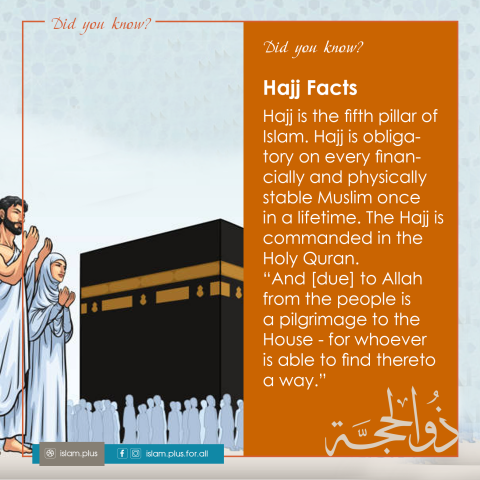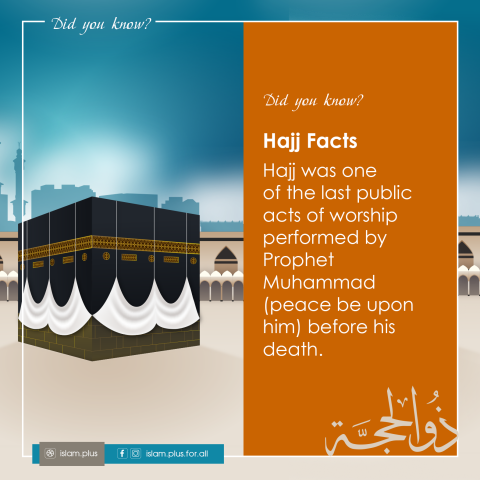
Yevhen Hlushchenko
One can hardly find some place on Earth without at least several Muslims living there, for this religious community is growing faster that anyone could dream of just several generations ago. “Salam” can be heard on every continent, mostly spoken by non-Arab peoples. We can travel to Turkey, Great Britain or Jordan, and call a man we just met “my brother” — same as we would do in our own town. But we have to stop here and ask ourselves, what does this word mean, and what it means for us personally.
In Arabic, brother in blood and brother in faith are defined using the same word “Akh”.
And while Islam highly appreciates the bloodties, there were situations when blood relatives were on different sides of the trench: one brother could be staunch polytheist, while the other supported Muhammad, peace and blessings be upon him. A father had to stand against his son, an uncle had to confront his nephew. Such examples are plenty in Islam’s early history. At the same time, the believers, having no other ties than their faith uniting them, were willing to give up anything for the safety of their brother in faith.
There are many Qur’anic verses explaining that the believers aren’t alien to one another. For instance,
“Verily, the believers are but brothers” [Qur’an, 49:10].
That lead to establishing a whole new type or relations, revising values and mutual obligations.
An authentic hadith by Abdullah bin Umar (may God be pleased with him) narrates that the Prophet (peace and blessings be upon him) said:
"A Muslim is a brother of another Muslim, so he should not oppress him, nor should he hand him over to an oppressor. Whoever fulfilled the needs of his brother, Allah will fulfill his needs; whoever brought his (Muslim) brother out of a discomfort, Allah will bring him out of the discomforts of the Day of Resurrection, and whoever screened a Muslim, Allah will screen him on the Day of Resurrection."
So, what effect does it have upon the deeds of Muslims? When the Prophet, peace and blessings be upon him, fraternized `Abdur-Rahman Ibn `Awf with Sa`d ibn ar-Rabi’ah al-Ansari, Saad told his new brother `Abdur-Rahman:
“My brother! Among the people of Madinah I have the most wealth. I have two orchards... See which of the two orchards you like and I shall vacate it for you...”
And that wasn’t an isolated case! In the collection of Bukhari and Muslim, we can find the following hadith, where the Prophet, peace and blessings be upon him, says:
“The parable of the believers in their affection, mercy, and compassion for each other is that of a body. When any limb aches, the whole body reacts with sleeplessness and fever.”
Exemplified by Abu Bakr, the Prophet’s (peace and blessings be upon him) closest ally, is compassion for the oppressed and the weak among fellow-Muslims: it is reported that Abu Bakr, before resettling to Medina, bought at least 7 Muslim slaves from their polytheist owners only to set them free, though it cost him a lot of money at that time.
It also happened that a polytheist owner tortured and bullied his Muslim slaves so they hated him so much that they wanted to kill him, but then that person reverted to Islam, and that former torturer became the dearest of all people for those tortured by him earlier (as was, for instance, Umar ibn al-Khattab for his former slaves).
In those times, brothers in faith were together in joy and sorrow, in hunger and fast-breaking. For instance, hunger led Umar, Abu-Bakr and the Prophet (peace and blessings be upon him) to the home of Abu Ayyub al-Ansari in the afternoon heat, and he didn’t hesitate for a moment to share with them whatever food he had.
Such was the brotherhood of the companions; such were their mercy and love for one another, free from greed, deceit or hypocrisy. That’s the brotherhood we have to teach ourselves, for Lord Almighty loves those who work hard and stand shoulder to shoulder in defending faith, justice, and one another:
And hold firmly to the rope of Allah all together and do not become divided. And remember the favor of Allah upon you - when you were enemies and He brought your hearts together and you became, by His favor, brothers. And you were on the edge of a pit of the Fire, and He saved you from it. Thus does Allah make clear to you His verses that you may be guided [Qur’an, 3:103].


 Quran
Quran






Add new comment